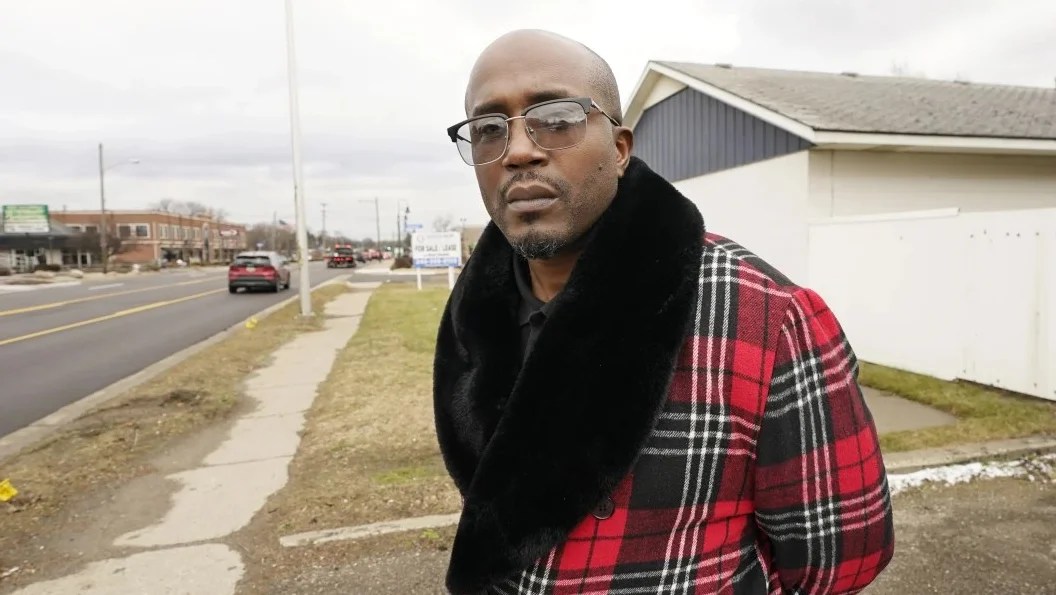DETROIT (AP) — A Black man who was detained by police during an early morning walk in a quiet community northwest of Detroit says the white officer who threw him against a squad car, cuffed him and accused him of planning to break into a car also told a significant lie.
Brian Chaney says he asked for a supervisor during his arrest in Keego Harbor, Michigan, and Police Officer Richard Lindquist told him that another officer present was in charge. The problem: That second officer was not a supervisor or even a member of the Keego Harbor Police Department.
Lindquist was never disciplined and his chief says that while a suspect has the right to request a supervisor, what the officer did was OK.
“An officer can lie in the field when he’s not under oath,” Keego Harbor Police Chief John Fitzgerald said in a deposition in Chaney’s $10 million wrongful detention lawsuit.
But with American trust in police plummeting, buttressed by cellphone and bodycam videos that can expose untruths, a profession once broadly considered above reproach has seen its reputation suffer.
“It’s well accepted that the weakest and most vulnerable members of society are the biggest victims of coercive practices, like police being dishonest and deceptive practices in interrogations,” said James Craven, a legal associate with Cato Institute’s Project on Criminal Justice and a former criminal defense attorney.
In a Gallup poll last year, 43% of respondents said they have a great deal or quite a lot of confidence in the police, down from 51% in 2021 and 64% in 2004. Gallup says 43% is an all-time low.
“We need police we can trust,” Craven said. “We need to start envisioning a police force that’s built with integrity at the center.”
Several recent cases underscore that need.
In May, a Washington, D.C., police officer was arrested on charges that he obstructed an investigation and lied about leaking confidential information…
Read the full article here



